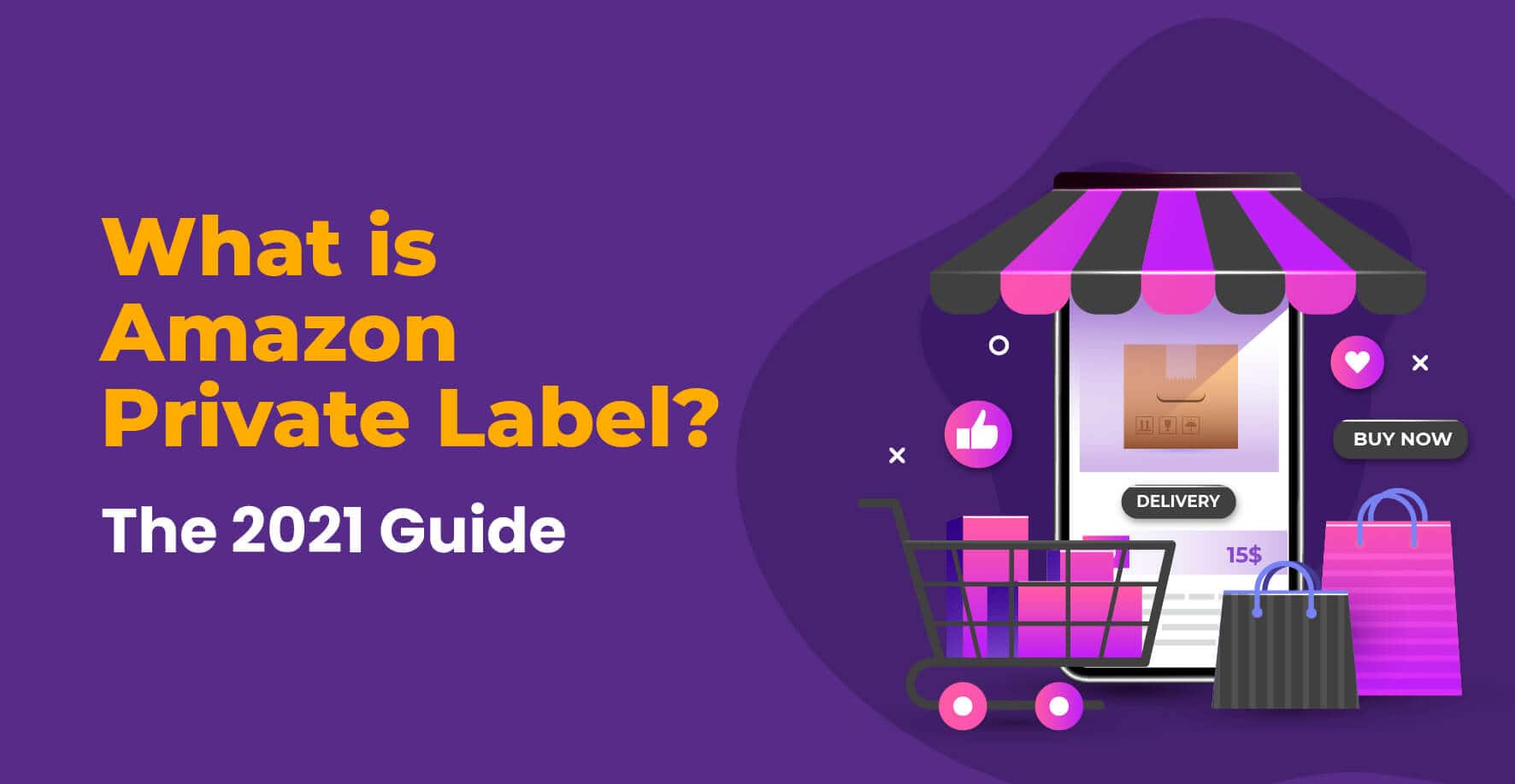- By
- September 24, 2025


The idea of amazon private label is gaining massive traction nowadays. The concept is quite simple. You sell your inventory and use your packaging, but the products you’re selling are made by a third party.
Private labeling isn’t a new phenomenon. Since the mid-19th-century, sellers have been creating private label items. The interesting thing about private labeling is that you get a great product to sell and you don’t have to deal with all the troubles associated with production etc.
Amazon Private Label is to sell the products of your choosing, under your own private label on Amazon. After choosing a product, you contact the product manufacturers and they produce the product for you in a greater quantity under your brand name, and ship the product. Then you impart your brand name to the product. Once this is done, you can sell it on Amazon.
The following steps break down how to go about establishing your private label.
Find a product that you think has the potential to benefit you if you private label it. Research and brainstorm various product types that seem interesting to you. Start with a broader list that you can slowly narrow down to cover all bases.
Be sure to take the existing or potential demand into consideration, including any sales variations or seasonality. Furthermore, ask yourself if you will be able to create frequent demand. You can perform research on social media to discover any potential customer trends.
Your manufacturers play an important role in the success of your private label items. While cost is crucial in finding the right manufacturer, it cannot be the sole factor. You should take labor and material costs, as well as currency fluctuation, if sourcing from overseas, into consideration when weighing your options.
Investing sufficiently in product quality design, packaging and branding will allow you to have a seamless brand presence in the digital marketplace. A key benefit of selling private label products on Amazon is the deficiency of direct competition. You can set your brand apart from the competition with a persuasive value proposition. These fundamentals can help boost brand awareness, customer engagement, and social proof.
After you have created your product, be sure to ask your supplier for samples so you can make sure the quality and other characteristics are exactly what you are looking for, before you go to market. Share the prototypes and packaging with various groups of people, including prospective buyers, to garner any feedback that should be addressed before placing your initial bulk order.
Before you decide if you will fulfill your Amazon orders via a merchant-fulfilled operation or through fulfillment by Amazon, you need to understand which products have proven success with each method.
Amazon Fulfilled by Merchant is a fulfillment method in which an Amazon seller is responsible for fulfilling their products purchased on Amazon. FBM can be managed by the seller or by partnering with a third-party logistics service provider.
With fulfillment by Amazon (FBA), you store your products in Amazon fulfillment centers. Then it is Amazon that takes care of picking, packing, shiping, and providing customer service for these products. FBA can help you scale your business and reach more customers.
Manufacturers require almost 3-4 weeks to make a product, and another 1-2 weeks to ship it to the retailer or the nearest Amazon fulfillment center. When creating an Amazon listing, there a few points that one needs to be aware of:
Amazon product listing optimization is the process of optimizing your lists to increase traffic and conversion. Optimizing this listing also ensures consistency across branding, reviews, messages, and ratings. Moreover, this act boosts your visibility on Amazon’s search engine results page.
With Amazon PPC, you can run “sponsored ads” which help your products appear on the first page of search results, and your competitors’ product pages.
You can also get reports via Amazon Seller Central to find out the keywords that are selling/converting and ones to bid on via PPC.
When you completely understand the Amazon PPC and the Amazon sales process, you can use other tools to run tests on the efficiency of various elements of your Amazon FBA private label product listing.
When split testing, you run two parallel tests featuring small changes to your product listing (e.g., main image, price, etc.). Automated software like Splitly allows you to see what works and what doesn’t.
Private label products need research, effort, time, screening, but if you maintain control throughout the process, you will be able to generate incremental revenue on Amazon. You need to build your Amazon private label business in such a way that customers remain loyal to your brand. There’s no special training required other than being extremely patient, conducting thorough research, and making sure your product combines the best of what’s proven to have worked in the market historically.
Also Read : How To Do Amazon Product Research: A BRIEF GUIDE